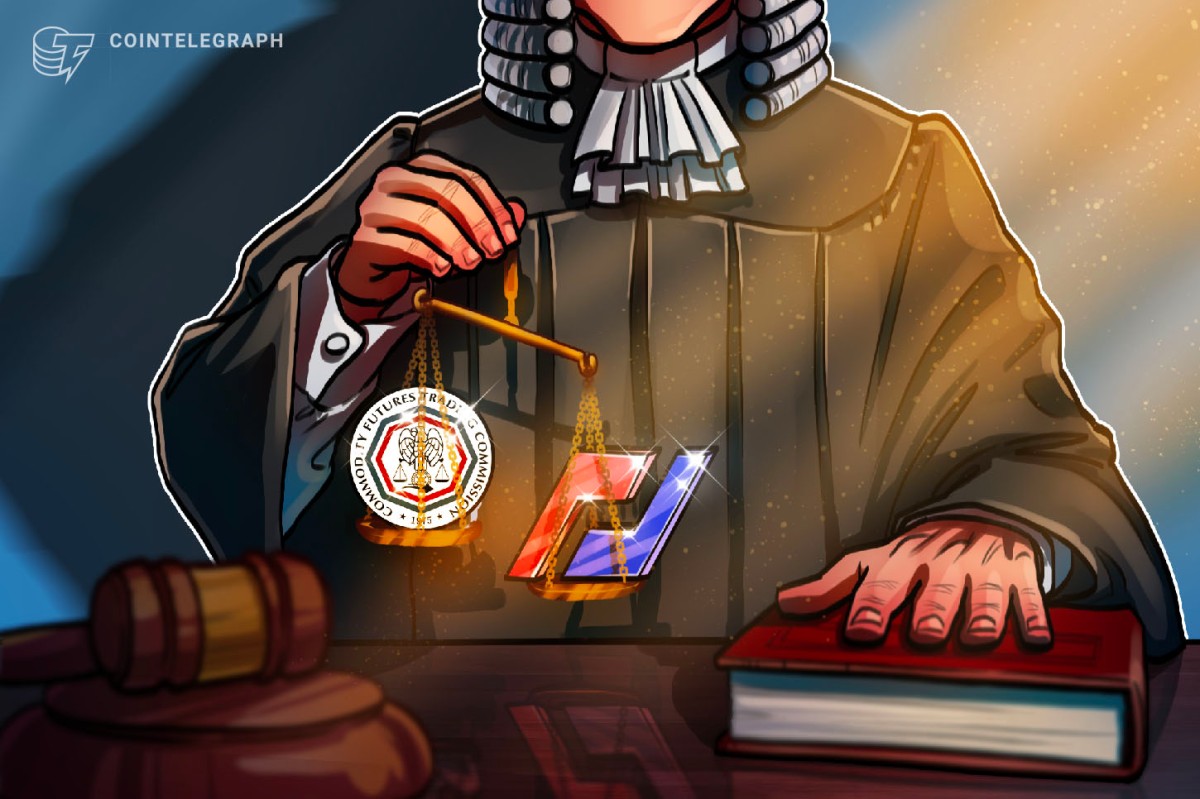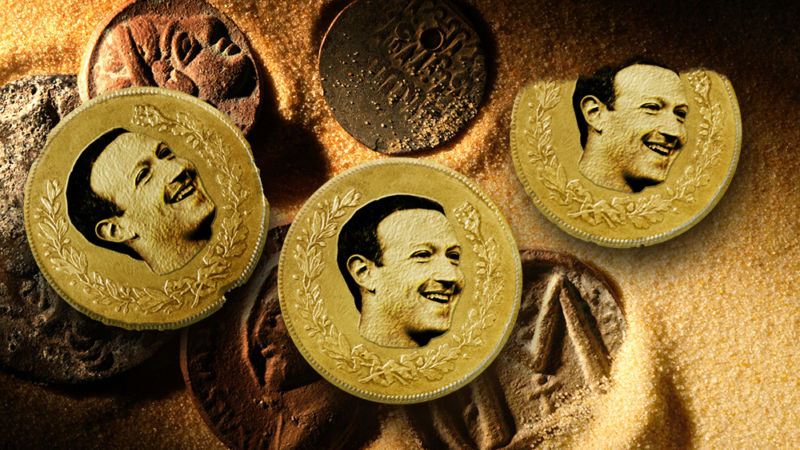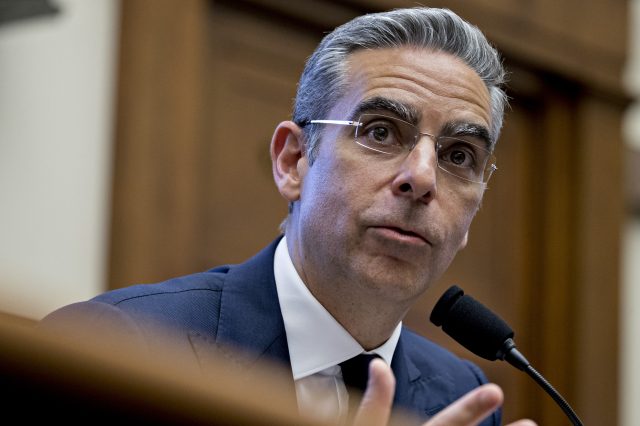
- Filecoin launched its mainnet last week, but ever since then, its top miners have allegedly been on strike.
- Now, Filecoin’s founder responded to such claims, stating that they are not true.
- He says that miners are simply producing blocks at a slower rate due to the project’s recommendation.
Recently, there have been plenty of rumors regarding a decentralized data storage project, Filecoin. The project launched its mainnet on October 15th, but even before that, it made the news due to its coin being listed on Gemini and Kraken. However, only one day after the mainnet launch, its 5 biggest miners went on strike, as they consider the token’s economic model to be unfair.
Now, the coin’s founder, Juan Benet, responded to such rumors, calling them ‘nonsense.’
Are you looking for fast-news, hot-tips and market analysis? Sign-up for the Invezz newsletter, today.
Filecoin miners allegedly protesting against the project’s system
Recent reports have claimed that Filecoin’s five biggest miners are on strike due to the unfair economic model of the platform. The model in question needs them to lock up a certain amount of FIL coins as collateral. However, the miners argue that the amount needed to be locked away is too high.
In protest, they supposedly turned off thousands of mining machines, and are refusing to keep powering the project.
As for the strike allegations, they originally came from Twitter, with a user called Nico Deva being among the first to claim that miners are protesting against the Filecoin system.
With the system requiring too many coins as collateral, miners can either buy them in order to be able to mine, or wait for rewards that are coming too slow to matter.
Filecoin’s founder responds to the claims
However, Benet responded to the claims on Twitter by saying that this is simply not the case. He claims that miners are simply producing blocks at a slower rate, and that there is nothing more to it.
Not only that, but he also claims that the project itself recommended that miners slow down the growth rate in order to match token flows, or even pause completely, until they can afford a steady growth.
As evidence, he submitted data that claims that blocks are still being created. According to data, Filecoin’s top miner brought in $352,000 in only 24 hours. As for the top 50 miners, they allegedly earned $3.7 million in mining rewards.
Lastly, Benet said that there are undoubtedly miners who want to push the community into feeling guilty and giving them more money. However, he also said that this is to be expected, as there are always those who are attracted by money, and would do anything to get more of it.











